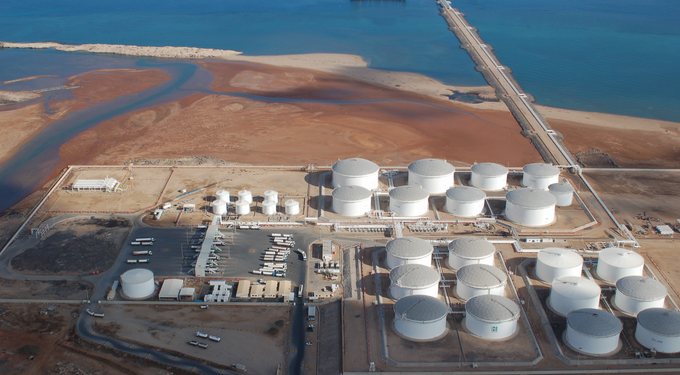The Ethiopian and Djiboutian governments are set to build an oil terminal at the port of Djibouti according to the Reporter.
The Djibouti Horizon Fuel Terminal’s capacity limitations to handle Ethiopia’s increasing fuel imports have prompted the decision.
Ethiopia’s fuel imports have been increasing at a rate of ten per cent annually to three million metric tons valued at $3 billion. The country’s average daily consumption is diesel at 80,000 cu.m (8 million litre), benzene (gasoline) at 1,600cu.m (1.6 million litre), and jet fuel at 2,500cu.m (2.5 million litre).
The chief executive of the Ethiopian Petroleum Supply Enterprise (EPSE) Tadesse Hailemariam said:
“We are having a tough time at the Horizon Terminal due to capacity limitations. The terminal is now unable to accommodate the increasing petroleum imports. We are suffering.”
EPSE receives petroleum products and stores them at the oil terminal prior to transportation to the mainland of Ethiopia. EPSE pays two million dollars for the storage facility.
Horizon Terminals Limited (HTL) and Djiboutian businessman Abdourahman Boreh own DHT.
The Proposed Project
The planned tank farm will have a capacity to store 30,000 cubic metres (cu.m) of petroleum products and a JT pipe that gets oil from tanker vessels. The project could cost about $220 million.
The Horizon Terminal tank farm has 31 tanks with a storage capacity of 300,000 cu.m. EPSE stores 72,000cu.m of diesel, 70,000cu.m jet fuel, gasoline 10,000cu.m, and 10,000cum fuel oil in the facility. “But this is now not enough for us to handle the growing petroleum imports,” Tadesse said.
Horizon Terminal was unable to expand the oil terminal because of a conflict between businessman Boreh and the government of Djibouti.
EPSE is currently building a tank farm at a cost of $150 million in Dukem town Ethiopia.



